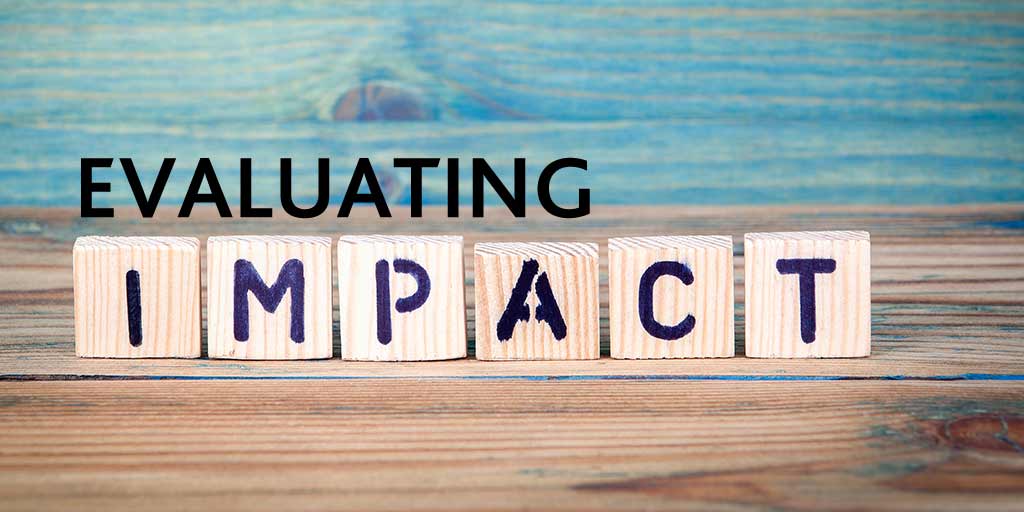Assessment and accountability
How many webpages, teacher forums and parent chat rooms abound with acerbic, defensive and downright despondent comments on the system of...

Login | Support | Contact us
Cambridge Insight : Aug 15, 2018 1:17:00 PM
1 min read

“Without continual growth and progress, such words as improvement, achievement, and success have no meaning.” - Benjamin Franklin.
With A Level and GCSE results days fast approaching attention once again turns to progress, and discussion about impact.
The culmination of years of hard work by students and teachers, results day is more than just how well your school has performed: it presents an opportunity to celebrate achievement, is a chance to reflect on success, and can prompt constructive discussion about improvement.
So how can you reliably measure the progress students have made and understand the impact your teaching is having on learning outcomes? Here we share five articles that look at how and why we assess and monitor progress, key things to consider when measuring student progress, and how information from assessment can be used to support discussions about improvement to ensure you are ‘adding-value’.
‘All too often the focus on exam results fails to take account of the mammoth steps students and teachers have sometimes taken on the way to attaining their personal summits.’
What should teachers and senior leaders know about value-added? The original vision behind value-added that was pioneered by Carol Taylor-Fitzgibbon. Find out how it can be used as part of a wider discussion about progress and impact.
On her blog Rebecca Allen, Professor of Education at UCL Institute of Education and Founder of TeacherTapp, discusses how standardised assessments are used in schools to help measure pupil progress, and the key considerations teachers should take into account when looking at data from these tests.
Writing in TES, Daisy Christodoulou, Director of Education at No More Marking and author of Making Good Progress? and Seven Myths About Education, discusses the improvement brought about by the introduction of the Progress 8 system as well as the limitations of using the new methodology when it comes to measuring individual class progress.
In this article on our blog we discuss the impact of the Critchlow-Rogers effect on measures of progress, key factors to consider when looking at value-added data, and the distinction between value-added and teacher effectiveness.
Our value-added feedback is available for schools on results day. Upload your GCSE and A Level results to get your value-added feedback on the same day.

How many webpages, teacher forums and parent chat rooms abound with acerbic, defensive and downright despondent comments on the system of...

We all know that academic progress is an individual thing. Making progress relies on a whole range of influencing factors and students make progress...

Each year, the education system spends astonishing amounts of money on implementing educational initiatives which often yield only negligible impact...